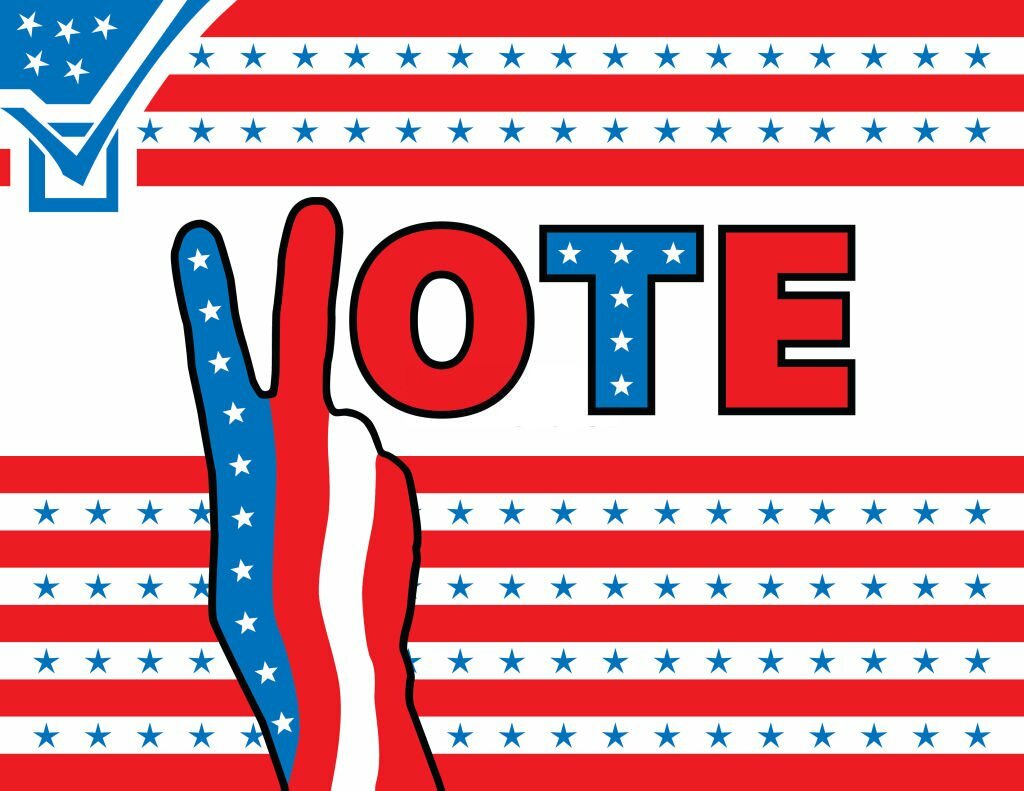Imagine yourself in the midst of a bustling election, where every vote counts. Now picture this: you have the power to make your voice heard, even if you can’t physically be there. How? Through proxy voting. In this article, we will delve into the world of proxy voting in the U.S. elections, exploring its meaning and rules. Get ready to discover how this essential process allows individuals like you to participate and influence decision-making from afar.
The Basics of Proxy Voting
If you want to understand the basics of proxy voting, it is important to know that it involves someone else casting a vote on your behalf. Proxy voting is a process that allows individuals who are unable to attend a meeting or vote in person to still have their voice heard. There are both benefits and limitations to proxy voting. On one hand, it provides an alternative for those who cannot physically vote and ensures representation for those who cannot be present at the voting location. On the other hand, proxy voting regulations can vary and may limit the authority granted to proxies. Additionally, the role of proxy advisors is crucial in providing recommendations and guidance on how shareholders should cast their votes. The impact of proxy voting can be significant as it can influence election outcomes and decision-making at shareholder meetings. Understanding the proxy voting process and its impact is essential for a comprehensive understanding of the election process.
Proxy Voting in U.S. Elections: How It Works
Proxy voting allows you to participate in U.S. elections and exercise your voting rights, even if you can’t be physically present at the polling location. This method of voting has its challenges, including ensuring the authenticity of the votes cast and maintaining voter privacy. To address these challenges, there are regulations in place to govern proxy voting and protect the integrity of the election process. Proxy voting has a significant impact on election outcomes and decision-making at shareholder meetings. As technology continues to advance, we see trends emerging in proxy voting technology, such as electronic platforms that make it easier for individuals to cast their votes remotely. These advancements aim to make proxy voting more accessible and efficient for everyone involved in the democratic process.
Understanding Proxy Voting Rules
To better understand how proxy voting works, you should familiarize yourself with the rules governing this method of voting. Here are some key points to consider:
- Proxy voting advantages:
- Allows individuals to exercise their voting rights even if they can’t attend in person.
- Ensures representation for those who are unable to physically be present at the voting location.
- Provides a democratic solution for individuals facing limitations or constraints.
- Proxy voting limitations:
- Proxy votes may not always accurately reflect the voter’s true intentions.
- Lack of transparency in the process can raise concerns about accountability.
- Limited opportunity for discussion and debate on issues being voted upon.
- Proxy voting vs. absentee voting:
- Proxy voting involves someone else casting a vote on behalf of another person, while absentee voting requires individuals to submit their own ballot by mail or other means.
- Absentee voters have more control over their individual vote and can ensure its accuracy, but proxy voters have the advantage of convenience and representation.
Understanding proxy voting regulations is crucial as it impacts election outcomes and decision-making at shareholder meetings. The rules governing proxy voting vary depending on the jurisdiction and organization conducting the vote. It is important to stay informed about these regulations to ensure fair and transparent elections.
Implications of Proxy Voting in U.S. Elections
The implications of proxy voting in U.S. elections are significant and can influence the outcomes of important decision-making processes. Proxy voting plays a crucial role in voter turnout by allowing individuals who are unable to physically vote to still exercise their democratic rights. It has the potential to impact election results, as the votes cast through proxies can sway the outcome of an election. However, implementing proxy voting in U.S. elections also comes with its challenges. Ensuring the security and integrity of proxy votes is a major concern that needs to be addressed. Despite these challenges, proxy voting offers benefits for marginalized communities by providing them with increased accessibility to participate in elections and have their voices heard. Overall, proxy voting serves as a tool to make elections more inclusive and democratic for all individuals.
Eligibility and Types of Proxy Votes
If you’re wondering who is eligible for proxy voting and what types of proxy votes exist, let’s explore the criteria and options together.
- Proxy voting eligibility: Proxy voting is available to individuals who are unable to attend in person due to specific circumstances like being overseas on election day or having a disability preventing them from voting in person.
- Different types of proxy votes: Proxies can be either “general” or “limited.” A general proxy has the freedom to vote on any matter at the meeting, while a limited proxy can only vote on certain matters or must vote as directed by the principal.
- Proxy voting procedures: Shareholders receive proxy materials that include a ballot and a statement describing the issues to be voted on. They can elect a proxy to vote on their behalf, usually someone from the company’s management team. The shareholder’s directions are followed when casting the proxy vote.
Understanding these aspects of proxy voting will help you navigate its requirements and restrictions more effectively.
Key Considerations for Proxy Voting in U.S. Elections
One important factor to consider when participating in proxy voting for U.S. elections is the impact it can have on election outcomes and decision-making processes. Proxy voting benefits individuals who are unable to physically attend the voting location, ensuring that their voices are still heard and accounted for. It allows for representation and democratic participation, even when facing limitations or constraints. However, proxy voting also has its limitations. The process can be complex and confusing, with various regulations and procedures to follow. Additionally, there may be concerns about the accuracy and security of proxy votes, as well as potential conflicts of interest among proxies. Despite these limitations, proxy voting plays a significant role in influencing election outcomes and shaping decision-making at shareholder meetings. Understanding the impact of proxy voting is crucial for individuals seeking to exercise their rights effectively in U.S. elections.




